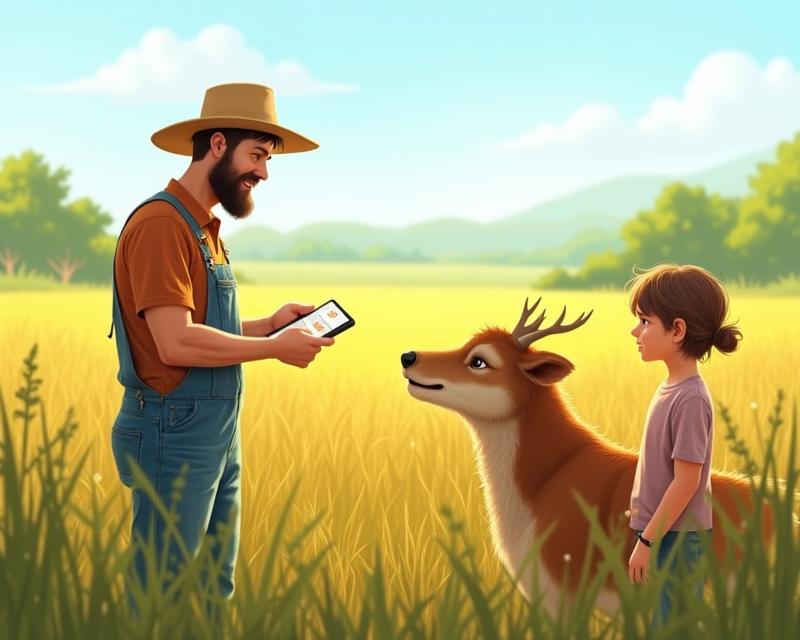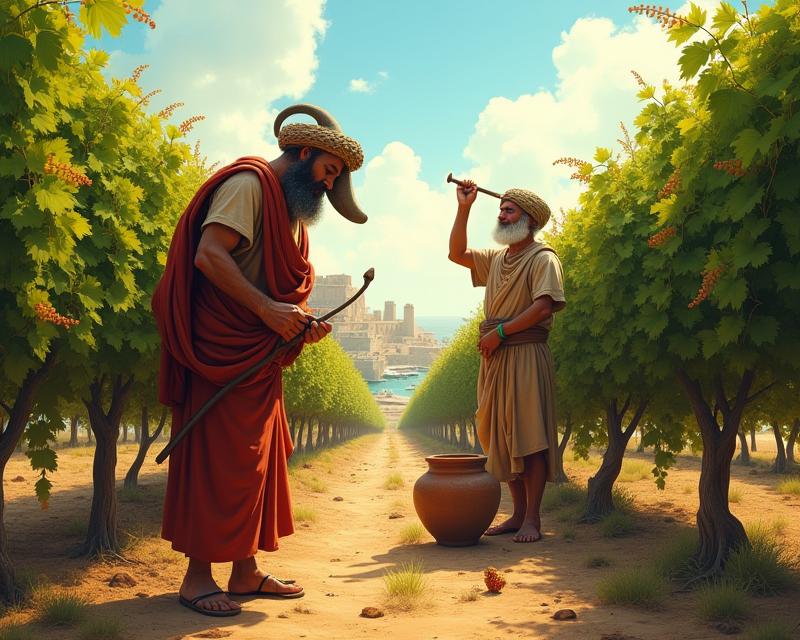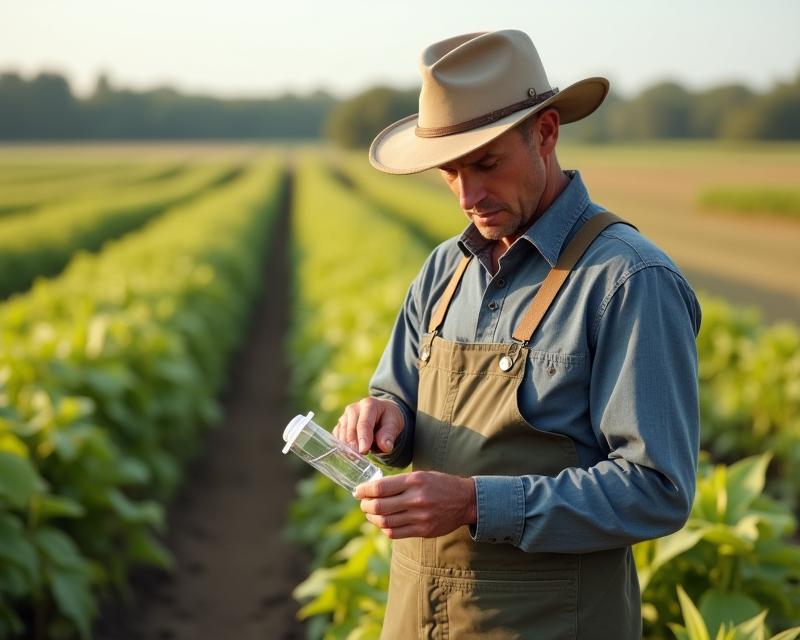GMOs for Kids: Farming & Food Ethics
Publish in Agriculture el 03/07/2025 17:08
GMOs for Kids: Farming & Food Ethics
As farmers, we're constantly innovating to grow more food with fewer resources. Genetically Modified Organisms (GMOs) are one of those innovations, and it's becoming increasingly important to understand how to talk about them, especially with the next generation. Educating children about GMOs isn't about pushing an agenda; it's about fostering informed citizens who can make responsible choices about their food and the future of agriculture.

What are GMOs? (In Simple Terms)
Think of GMOs as plants or animals that have had some of their genes changed. Genes are like instructions that tell a plant how to grow – things like how tall it gets, how it resists pests, or how much fruit it produces. Sometimes, scientists carefully add a gene from another plant or even a bacteria to help the crop be more resilient or nutritious. It's similar to how we might cross-breed different dog breeds to get certain traits, but it's a more precise and faster way to achieve specific outcomes.
Why are GMOs Grown?
Farmers use GMOs for a variety of reasons. One big one is to make crops more resistant to insects. This means we can use fewer pesticides, which is better for the environment and for our health. GMOs can also be engineered to tolerate herbicides, allowing farmers to control weeds more effectively. Furthermore, some GMOs are modified to have enhanced nutritional value, like Golden Rice, which is enriched with Vitamin A to combat deficiencies in certain regions. Ultimately, the goal is often to increase yields, reduce waste, and improve the overall sustainability of farming.
Talking to Kids About GMOs: Age-Appropriate Approaches
The way you explain GMOs will depend on the child's age. For younger children (ages 5-8), focus on the basic concept of plants having instructions and how scientists can sometimes help them grow better. Use analogies like building with LEGOs – adding a new brick can change the structure. For older children (ages 9-12), you can delve a little deeper into the science, explaining genes and how they are transferred. It's crucial to emphasize that GMOs are rigorously tested and regulated by organizations like the FDA and USDA. Encourage questions and be honest about what we know and what we're still learning. Discuss the benefits and potential concerns, fostering critical thinking skills.
Tools for Teaching
- Simple Diagrams: Create or find simple diagrams showing how genes work and how GMOs are created.
- Storybooks: There are several age-appropriate storybooks about GMOs available.
- Farm Visits: If possible, take children to a farm that grows GMOs and talk to the farmers about their experiences.
- Online Resources: Websites like the USDA and university extension programs offer educational materials.
By having open and honest conversations about GMOs, we can empower the next generation to understand the complexities of food production and make informed decisions about the food they eat. It's about promoting food literacy and responsible stewardship of our land.





